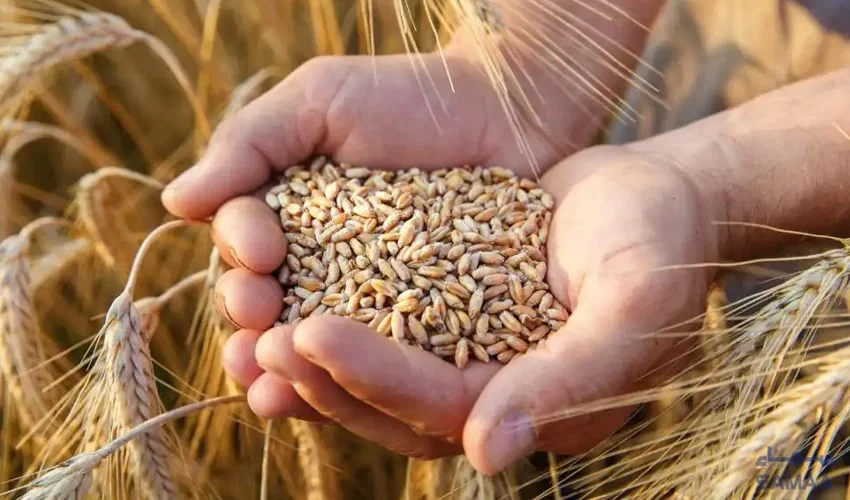Islamabad, 17 May, 2025: Wheat Buying will not be carried out by the federal government this year, according to a statement delivered in the National Assembly by Federal Minister for Parliamentary Affairs, Dr. Fazal Chaudhry.
The minister clarified that although no official procurement would take place, those farmers who are able to store their wheat in private warehouses would be offered compensation to help mitigate financial pressure.
Market Forces Driving the Policy Change
Dr. Chaudhry explained that the decision not to proceed with Wheat Buying was driven by favourable market dynamics, with wheat currently commanding strong prices in the open market.
This, he noted, was proving beneficial for farmers, as they are earning more without relying on government purchases.
READ MORE: Punjab Farmers Protest Wheat Price Injustice
Additionally, he confirmed that there are no limitations on wheat movement across provincial borders, allowing freer trade.
PASSCO to Be Disbanded
The minister also announced that the Pakistan Agricultural Storage and Services Corporation (PASSCO) would not be taking part in Wheat Buying operations this year and that its continued functioning was no longer considered sustainable. In light of this, the government has resolved to wind up the organization entirely.
To facilitate this process, TAGM & Co has been contracted to evaluate PASSCO’s assets including offices and storage facilities and to prepare a closure strategy within three months.
This plan is expected to be presented to the Ministry of National Food Security and Research (MNFS&R), as per the Prime Minister’s directives.
Private Sector to Play Future Role
According to the government, a new strategy is being developed to manage wheat reserves, potentially involving private enterprises. Discussions on the new framework will be coordinated between MNFS&R and the Ministry of Finance.
READ MORE: Punjab Deregulates Wheat Under New Market Policy
Dr. Chaudhry assured that the asset disposal process would adhere strictly to existing regulatory guidelines, maintaining transparency at every stage.
This year’s halt in Wheat Buying marks a significant policy pivot one that signals greater reliance on market dynamics and private sector involvement in the country’s food security framework.









